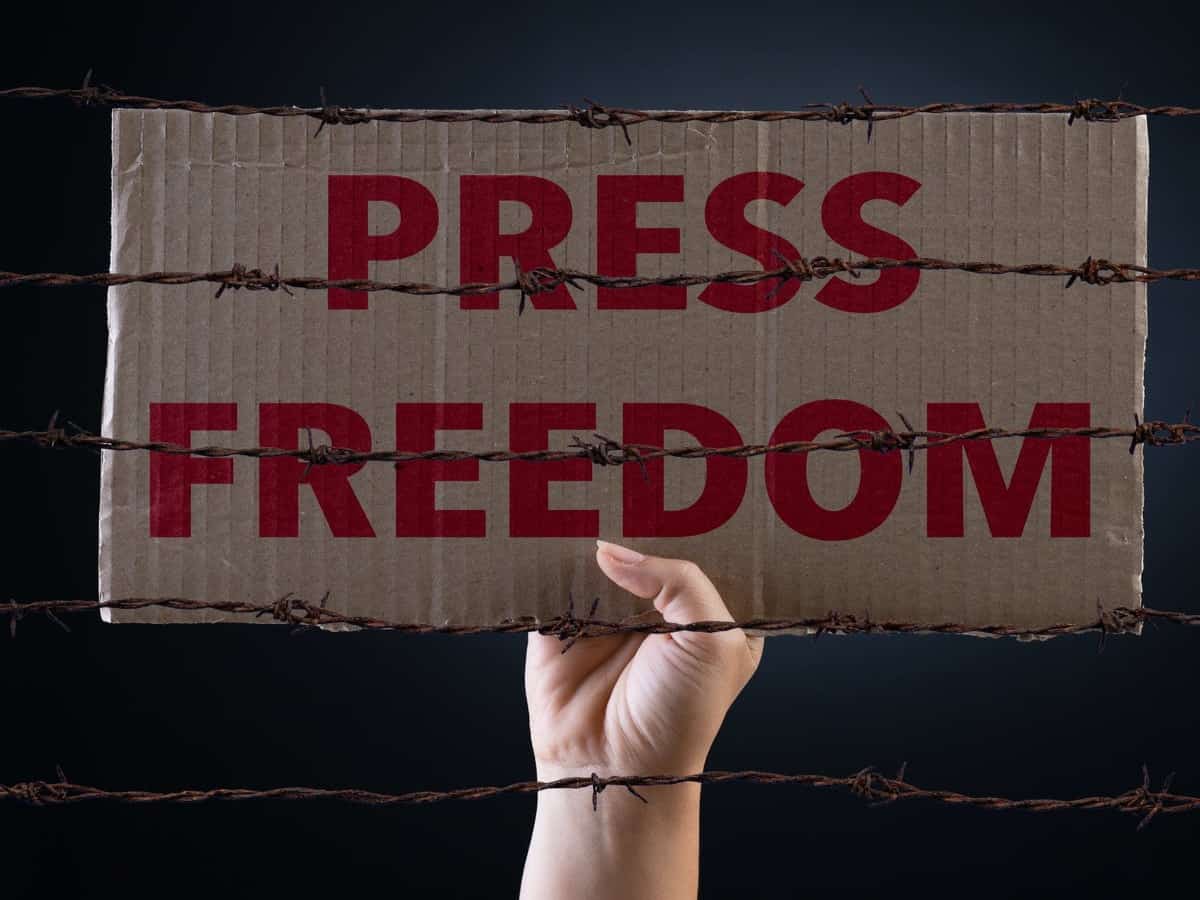
The Foreign Correspondents’ Club in Delhi has done three surveys with a foreign journalist based in Delhi that has some startling revelation that reflects on the freedom of the press in India.
The three surveys conducted from 2020 to 2022 were shared with the Ministry of External Affairs but there was no response from the ministry that further puts a question mark on press freedom in India.
Even though the foreign correspondent club did not make their survey public but it somehow got and now has come into the public domain.
The first survey was carried out in January 2020, in which 40 journalists participated. This was in the aftermath of August 5, 2019, when Jammu and Kashmir were made a Union Territory. This was also the time when National Citizenship Register was released in Assam.
The foreign journalists who wanted to cover these two momentous events in India were denied travel permits to travel to J&K or Assam.
In the first survey, the foreign journalists allege they have been facing problems such as denial of travel permits, visa uncertainty, and deportation threats, etc. Many respondents attributed their harassment due to their critical reporting of the government on several issues in India.
One of the respondents told that the government wanted to suppress coverage of the persecution of Muslims in India. A journalist said the Indian Embassy 2020 emailed to his publication in his home country “not to cover Muslim persecution.
Many in the survey stated that they had been “summoned” by officials in the ministry and were shown “files” and “spreadsheets” detailing their “negative coverage.” The government officials accused the foreign journalist of “having an agenda”.
The second survey was conducted in April 2021 when 41 journalists participated. Here also the visa issue was the main handle to harass the journalist. The journalists who were critical of the government were given two to four months’ visas and for its extension, they had to run from pallor to post.
One journalist was told that he will get a visa extension only if he writes positive stories on Narendra Modi. In the year 2021, 96% of the foreign journalist who applied for the permit for Assam and Jammu and Kashmir were denied a such permit.
Of the 30 foreign journalists who had applied for travel permits in 2019 to report from Kashmir and Assam, only 9 got any response.
Several journalists told that they were summoned by officials for their “coverage of “Kashmir”. A foreign journalist alleged that he was put back on a plane by Assam authorities in September 2019, when he went to report from there.
A third survey was conducted in February 2022 in which 21 foreign correspondents participated. The thin attendance was due to poor response from the government to improve the working conditions of foreign press reporters in India.
The third survey mirrored the previous two surveys. Not a single participant who applied for a special reporting permit in 2021 got the permit to travel to troubled places.
Further, the level of intimidation rose from the first survey to the third. A journalist claimed to have been “followed, interrogated”, and their “interviewee threatened” while covering a story on the persecution of Christians in Karnataka.
Another journalist alleged “physical threats” and “threats of deportation” along with Visa extensions intimidation remain common methods to harass foreign journalists in India.
According to the latest guidelines of the external affairs ministry shared with foreign correspondents, the restricted and protected places now include all eight North Eastern states, the whole of Jammu and Kashmir, Ladakh, Andaman and Nicobar Island, Lakshadweep, and “international border areas” in Himachal Pradesh, Uttarakhand, and Rajasthan.
